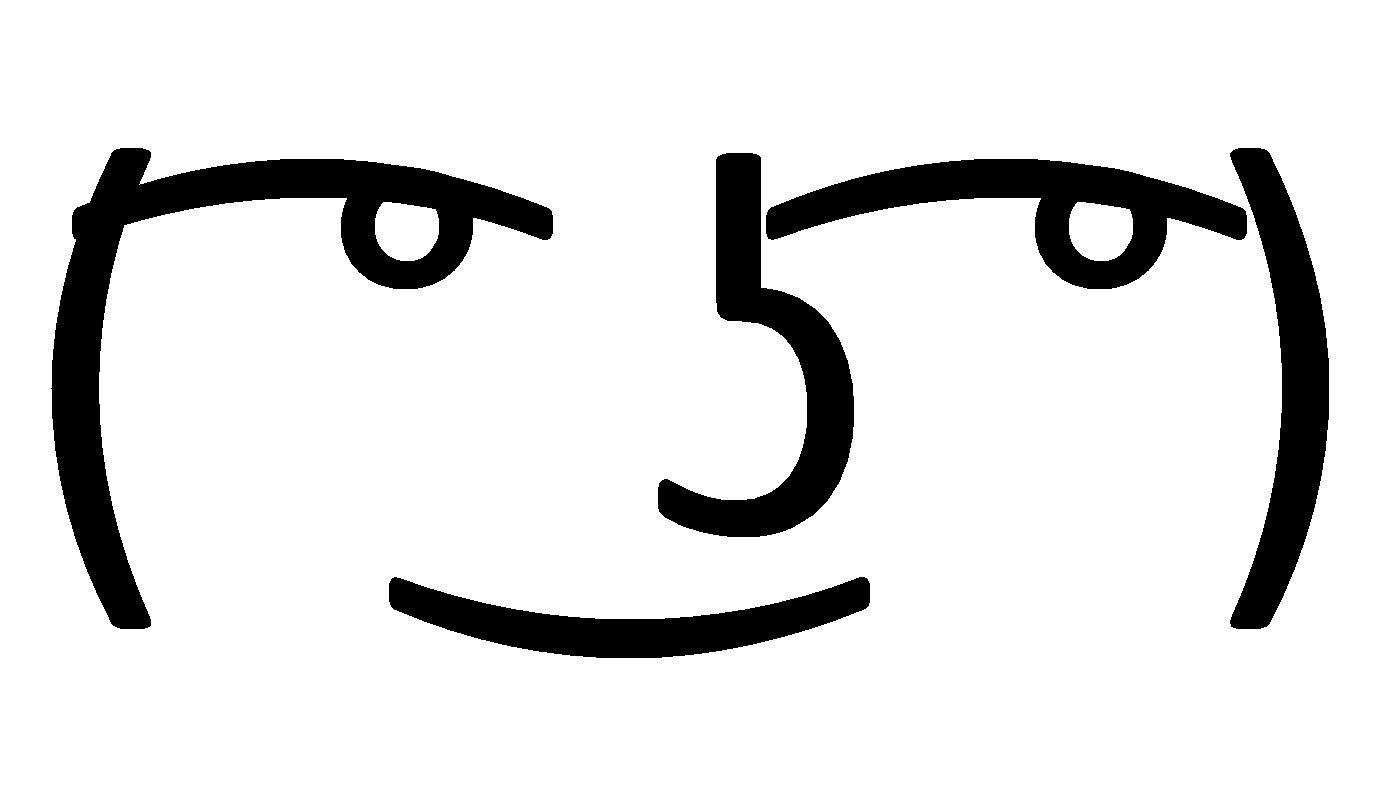Chapter 394: Chapter 116: Visiting
A fine drizzle, entirely without warning, cascaded from the sky, significantly lowering the temperature that was supposed to be warming. However, the encasing fog blanketing the earth began to clear, rendering the surrounding scenery much more vivid. Tucked away in the outskirts, the English-style manor emerged from the thin mist and rain, exuding an increased sense of charm.
The driver steered off the main road, entering the manor grounds, circled the flowerbeds in the front yard, and stopped in front of the villa.
“Hello, Mr. Payne,” the lady already waiting at the door greeted Payne Clarkson as he descended from the car.
“Hello, Jonathan,” Clarkson, wearing a trench coat, nodded his head, and then introduced Adrian, who had gotten out of the car with him, “Ed, this is Anya Kubrick, Stanley’s eldest daughter.”
Then, turning to the lady, “Anya, this is Adrian Cowell, the director I mentioned to you before.”
“It’s a pleasure to meet you, Mr. Cowell, I’ve heard a great deal about you.” Anya extended her hand with a polite smile, though her tone betrayed a hint of indifference.
“Likewise, Miss Anya, I hope our unannounced visit hasn’t disturbed Mr. Kubrick’s rest,” Adrian replied, shaking her hand, not taking offense at her lukewarm enthusiasm.
“Please follow me,” Anya gestured for them to come inside, then led the way into the house.
“How has Stanley been lately?” Clarkson asked, following behind her.
“Ever since Father returned from the hospital, although very lucid, his mood has been quite unstable. He often stares out the window for extended periods; you know, such a blow is very hard on him,” Anya spoke while walking.
“Yes, it’s a dreadful thing. God bless, but hopefully, he can recover,” Clarkson sympathized.
The trio quickly arrived outside an upstairs bedroom. Anya asked them to wait outside for a moment before she entered, only to come back out after a while.
“Given my father’s current condition, I hope you won’t disturb him for too long. Ms. Betty is right outside should you need anything,” Anya said, indicating the middle-aged woman in housekeeper’s attire who had come out with her.
“Thank you, I won’t take up too much time,” Clarkson assured her, nodding. Only after Anya’s figure had vanished at the end of the corridor did he pull Adrian into the room with him.
On the spacious bed, an old man who looked to be in his seventies was propped against the headboard, with a significant bald patch on his forehead and a white stubbled beard, his head numbly twisted to one side, watching the raindrops on the window.
“He’s aged so quickly; to think he’s not even seventy yet,” Clarkson couldn’t help but whisper.
Although his voice was soft, the bedroom was silent, so the old man on the bed struggled to turn his head, coldly gazing at the two visitors.
“Hey, Stanley, I didn’t expect to see you like this the next time we met. It’s really too bad,” Clarkson said with an awkward cough.
“Hello, Mr. Kubrick, I’m Adrian Cowell. I believe you already know why I’m here.” Adrian patted Clarkson on the shoulder, then took the initiative to speak. Sensing what was appropriate, Clarkson stepped back, leaving Adrian to handle the situation.
Mr. Kubrick made no response, maintaining a cold, indifferent expression, although occasionally a blank look flashed across his face.
“If you agree, I would like to sit beside you and explain things to you. Is that alright?” Adrian asked, looking at him with an open expression.
The old man suddenly widened his eyes, a hint of anger in his gaze as if trying to see through him, but after some time, he finally nodded.
“Thank you.” Adrian bowed slightly, then sat down on the bench at the head of the bed, placed his briefcase on his lap, opened it, and took out a not very thick folder.
“I have watched and analyzed all the movies you have directed and produced. You are very skilled at using colors to outline scenes to convey emotions and space. You like to use classical music as the soundtrack, and you use it very aptly, whether it matches or starkly contrasts with the scene, achieving a unique balance…” Adrian began speaking enthusiastically.
Kubrick initially had a somewhat serious look, but soon it became somewhat absent-minded, yet when Adrian brought out a few drawings, he immediately squinted his eyes.
“It looks familiar, doesn’t it? This is based on the opening scene of ‘A Clockwork Orange,’ using red and gold as the main tones, but it seems a bit oppressive in the cramped space. It’s quite fitting for the psyche of Doctor William who comes to rent a suit, isn’t it?” Adrian explained the scene, “Of course, because I was in a hurry, the drawings aren’t very good, and some parts may not be quite right, but I believe they should convey some of the feeling.”
Looking at those storyboards colored in and a face bearing some resemblance to the sharp features of Tom Cruise, along with Adrian’s explanation, the old man in the bed finally began to be moved.
Adrian quickly switched to new drawings and continued his presentation. Kubrick finally focused his full attention on him, and they continued in this state–one speaking, the other listening. Meanwhile, Anya came to visit a few times along with some other relatives, and she spoke with Clarkson briefly but never disturbed the two.
“I think it would be very good to use Shostakovich’s ‘Waltz No. 2’ for this segment. Its lazy tune and the superficial, frivolous, and decadent nature of high society indeed complement each other.” Having finished explaining his last storyboard, Adrian paused to take a sip of water to moisten his throat, then looked at Kubrick, who was about to slip into contemplation.
“I know, as a director, you really dislike others meddling with your work, and I feel the same otherwise I wouldn’t also serve as a producer for each of my projects. But, Mr. Kubrick, you have planned for this film for a long time, and I believe you have many thoughts about it. You’ve nearly single-handedly managed every aspect of pre-production–is leaving regrets something you’re willing to accept?
Yes, I’m not you, and although I have studied your work, I won’t truly understand what you think, what you ponder, what you want to express. However, a thousand people have a thousand interpretations of Hamlet. What you want to express may mean something else in the eyes of others. You yourself have said that the meaning of a film is for the audience to guess.
So why not let me try? I have read over your script several times. You have considered all the details, and I believe I can capture the essence of your vision on screen. I am not after anything else, I just want to pay homage to you. If after production, the film doesn’t align with your wishes, you can completely ask for the film not to be released–what do you think?” Adrian concluded with a sincere tone.
Although Kubrick still wore an expressionless face, he soon showed a hesitant look.
A barely perceptible smile crossed Adrian’s lips; he then sat up straight: “Deciding something like this also takes time. How about this–leave these materials here for you to consider for a while, and whether you agree or not, please call me or Payne, okay?”
After a long while, the old man finally nodded his head reluctantly and then closed his eyes.
“By the way, the film seems to have no name. I’ve looked at the ones they’ve suggested, and they don’t seem quite right, so I’ve been thinking–what do you think about the name ‘Eyes Wide Shut’?” Adrian, who was standing up to leave, suddenly brought it up.
Kubrick immediately opened his eyes, which he had just closed, while Adrian smiled, bowed to Clarkson, and left the bedroom, declining Anya’s invitation to stay.
“To be honest, I have never seen Stan like that before,” Clarkson reflected after they left the English-style manor and got back into the car.
“That’s normal, not everyone has a stroke and becomes paralyzed,” Adrian joked.
“Come on, Ed, you know that’s not what I’m talking about. Stanley would never tolerate interference with his directorial authority. The fact that you got him to agree to even consider it is already a miracle,” Clarkson shrugged and then looked at him with renewed interest, “Tell me, Ed, how sure are you that you can get Stanley to agree?”
“I don’t know.”
“You don’t know?”
“Yes, I don’t know. I’ve done all I could, and now it’s all up to Kubrick’s intentions. Whether he agrees or not, it doesn’t matter to me, does it?”
At such a response, Clarkson grimaced and grumbled to himself without saying anything more, while Adrian turned to look out the car window where the rain had stopped, the smile on his lips growing deeper. The world was indeed marvelous; who would have thought that the renowned Stanley Kubrick would now be paralyzed in bed from a stroke, unable to even speak, and left behind such a mess–it was supposed to be his final work.
In my memories, Kubrick didn’t make it to the 21st century; he seemed to have died of a heart attack in his sleep after completing his last work. I had never heard any rumors of him suffering a stroke. But then again, who can be sure? Even the most eager tabloids couldn’t get their hands on Kubrick’s medical records; after all, he was nearly seventy and quite overweight, so it seems normal that he would have a stroke. It’s just that this last work of his was clearly going to be left unfinished.
Though Adrian had made up his mind to rest properly this year, and while Kubrick wasn’t the kind of director he disliked, he wasn’t particularly fond of him either, it was, after all, “Eyes Wide Shut,” and everything had been set up perfectly for “Eyes Wide Shut”! Even if asking Clarkson subconsciously whether he would be willing to take over was instinctive–some things clearly had become second nature–but after giving it more thought, from any angle, taking over this film was definitely worthwhile.
But initially, Warner was not planning to do it that way. Kubrick’s works hardly ever made box-office hits; they invested in his new movies for the fame. If Adrian took over halfway, all the preliminary efforts would be like making a wedding dress for someone else. However, Adrian immediately expressed that he would not seek anything in return; he merely wanted to honor a great director by taking over the helm.
“I want to mimic Kubrick’s style as closely as possible; I want to direct a Kubrick-style movie, not mine,” Adrian said when he contacted Clarkson again.
Warner’s attitude immediately took a 180-degree turn. Which film company in Hollywood wouldn’t want to work with the Miracle Director? Unfortunately, they had either purchased scripts from him or co-financed a film; he only directed his own movies. Whatever the reason for this further collaboration, the ensuing talk and impact would be no less significant than investing in Kubrick’s new film–after all, Kubrick’s audience was quite small. Moreover, the news of the Miracle Director taking over Stanley Kubrick’s new work was certainly eye-catching.
However, while Warner agreed, Kubrick did not. Without his consent, Adrian should forget about taking over this film, a film for which Kubrick had prepared for several years. To make the old man agree was almost harder than ascending to Heaven; the man was also a tyrant on set. According to actors who had worked with him, he would speak to you pleasantly and cheerfully when he needed you, but the moment you failed to meet his standards, he would not hesitate to scold you severely at the top of his lungs.
In reality, every great director has an authoritarian side. Spielberg was no exception, Coppola was no exception, Cameron was no exception, and neither was Adrian, so how could Kubrick be an exception? Since this was something he set his sights on, even if it meant taking it to his grave, he wouldn’t let anyone else touch it, so Warner’s inquiry was immediately rejected.
But Adrian didn’t give up; he spent a lot of time preparing and even asked Spielberg to help.
“I’m not asking you to persuade Mr. Kubrick for me, Steven, I’m merely hoping to get a chance to persuade him in person,” Adrian explained to Spielberg.
Spielberg had always had a good relationship with Kubrick; a few years ago, Kubrick even wanted Spielberg to direct while he produced, adapting that science fiction story called “Supertoys Last All Summer Long”–yes, the one that would become the movie “AI”–so no one was more suitable than him.
“I’ve studied his works carefully. I just want to pay tribute to him, to help him complete this work,” Adrian explained his actions.
Although Spielberg did not fully believe his rhetoric, after displaying the preparations he had made during this period, he was still persuaded. With Spielberg as a lobbyist, coupled with Warner’s tireless efforts, Kubrick finally relented, and thus the scene from before came to be.
“From my personal perspective, the likelihood that Kubrick would agree is over 80%, but even if he refused, I wouldn’t lose out. That’s all Warner’s business,” Adrian shrugged as he recounted today’s proceedings to Charlize when she asked about the possibility after returning to the hotel.
“Really no loss?” Charlize asked with a half-smile.
“Of course,” Adrian replied unflappably, raising an eyebrow, “Is there a problem?”
“No, nothing, I just remembered that you always have many tricks up your sleeve, and some people are willing to jump on their own,” Charlize stood upright, her chest puffed out, her business suit fitting her figure even more strikingly, her eyes shimmering with indeterminate thoughts.
“Could you elaborate, dear Charli?” Adrian’s gaze returned from the hotel room’s floor-to-ceiling window and he watched her beautiful face with interest.
“So you’re that sure Kubrick will agree? According to the information I’ve gathered, he’s also a person with a strong sense of possession,” Charlize diverted the question to a different topic.
“Because I’ve grasped his likes,” Adrian said leisurely, with the look of someone holding the winning hand.
You have to know, those things he prepared, those visuals heavy with Kubrick’s style, were all excerpted from original works–let alone the soundtrack, names, and all the rest. Although there were rumors that Kubrick was not satisfied with the version released and had planned to re-edit it, he went to Heaven before starting. However, according to what his family said afterward, Kubrick did like that movie a lot.
Obviously, the family’s statement was more credible. Persuading him with something he already liked, could there be anything more compelling? Plus, with him now paralyzed in bed and the film’s preparation nearing its end, ready to start shooting at any moment, he certainly wouldn’t be satisfied, so there was a good chance he’d agree.
However, Kubrick could still refuse. After all, anything could happen in this world. Since he had been paralyzed in bed by a stroke, it’s not out of the question for him to take this movie to his grave.
Regardless, success or failure, it wouldn’t have too much impact. Adrian repeated to himself internally once again, but after a moment’s thought, he gave a nearly imperceptible bitter smile and shook his head. This was “Eyes Wide Shut,” after all.
Adrian did not like Stanley Kubrick, as he had previously mentioned. Although Kubrick wasn’t one of those European directors who were loathsome in their constant self-importance, he wasn’t far off.
Kubrick’s status was fully established with “Spartacus,” but that was the most commercially flavored of all his works; “2001: A Space Odyssey” was what truly made his name resound. Today, the film’s technical display might be considered beneath notice, but in the 70s it was astonishing. Many people, including James Cameron, were inspired to become directors because of it. The key factor that made the movie so acclaimed, however, was its technology, and not the substance the film itself intended to express.
In fact, Kubrick’s films were quite niche. Generally, they were not well received upon initial release, only gaining favorable word of mouth over time–even universally acknowledged classics like “The Shining” or the best Vietnam War movie “Full Metal Jacket” followed this pattern. This had something to do with Kubrick’s own aura, just like Woody Allen’s one film a year. Each film is not too different, but people still idolize him, and there’s still investment because the name ‘Woody Allen’ has been established. With that name, there are always people speaking well of him.
But Kubrick was niche in his own right, something that some directors couldn’t match–he always maximized the use of film technology in his shooting and rarely complained about not being understood.
“Let the audience guess,” he would often say.
That was another point Adrian disagreed with. He always believed that a good film required the director to clearly express half the ideas and then let the audience guess the other half, after all, there are a thousand Hamlets for a thousand readers.
So, his enthusiasm was key because this was “Eyes Wide Shut”! (To be continued. If you like this work, please vote for it and give it monthly tickets on wuxiaworld.site. Your support is my greatest motivation.)
If you find any errors ( broken links, non-standard content, etc.. ), Please let us know via our discord so we can fix it as soon as possible.
















































